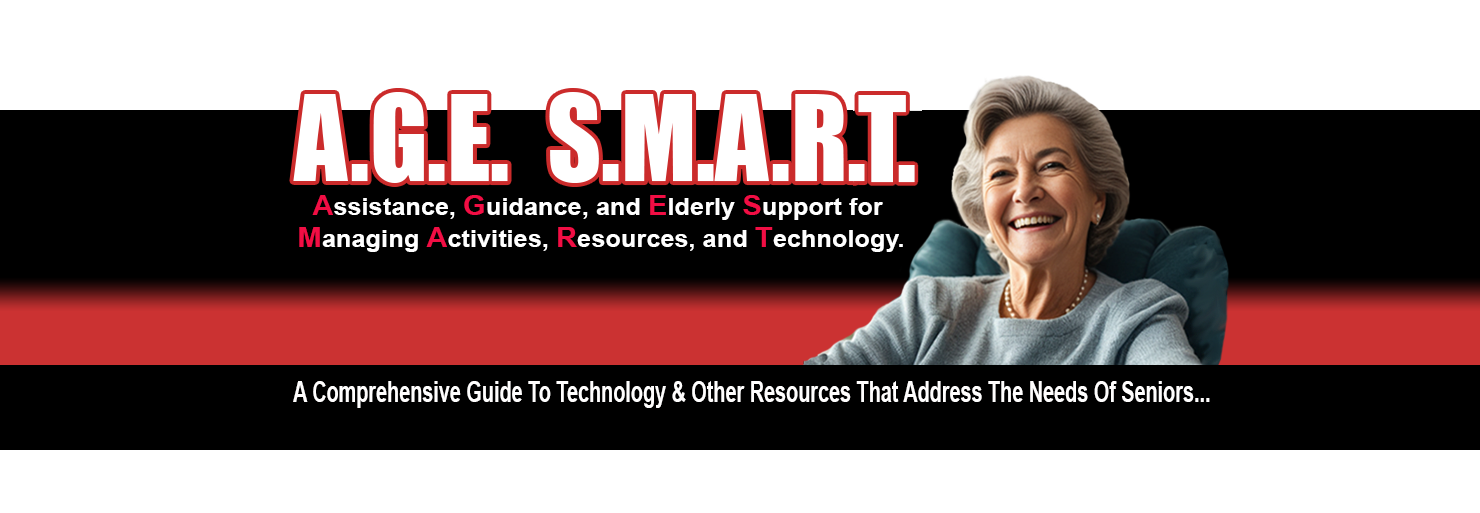
Federal
1. Administration for Community Living (ACL): ACL is a federal agency dedicated to helping seniors and individuals with disabilities live independently in their communities. They provide home and community-based services, caregiver support, elder rights protection, and resources for aging adults. Their website offers information on programs like the Aging and Disability Resource Centers and the National Family Caregiver Support Program.
Official website: https://acl.gov/
2. Social Security Administration (SSA) SSA administers retirement, disability, and Medicare benefits for eligible individuals. Seniors can access information on Social Security retirement benefits survivor benefits, disability benefits, and Medicare enrollment through their website. They also provide online account management services for seniors to check their benefits and apply for benefits online.
Official website: https://www.ssa.gov/
3. Centers for Medicare & Medicaid Services (CMS): CMS is responsible for administering Medicare and Medicaid programs, which provide health insurance coverage for eligible seniors and individuals with lower incomes. Seniors can find information on Medicare coverage, enrollment, and benefits on their website. They also offer resources on preventing fraud and abuse in Medicare.
Official website: https://www.cms.gov/
4. National Institute on Aging (NIA): NIA is one of the National Institutes of Health dedicated to research on aging and age-related conditions. Seniors can access information on healthy aging, diseases like Alzheimer's and dementia, and clinical trials for aging-related conditions on their website. NIA also provides resources on exercise, nutrition, and caregiving for seniors.
Official website: https://www.nia.nih.gov/
5. Department of Veterans Affairs (VA): VA offers benefits and services for eligible veterans, including healthcare, disability compensation, and pension programs. Seniors who are veterans can access information on VA healthcare services, long-term care options, and benefits available to them through the VA. The VA also provides resources for caregivers of veterans.
Official website: https://www.va.gov/
6. Federal Trade Commission (FTC): FTC provides information and resources to help seniors protect themselves from scams and fraud. Seniors can find tips on avoiding identity theft, recognizing common scams targeted at older adults, and reporting fraud to the FTC. The FTC also offers consumer education materials on topics like financial literacy and online safety.
Official website: https://www.ftc.gov/
7. U.S. Department of Housing and Urban Development (HUD): HUD offers housing assistance programs for seniors, including subsidized housing, reverse mortgages, and housing counseling services. Seniors can find information on affordable housing options, fair housing rights, and housing resources for older adults on HUD's website. They also provide assistance with home repairs and modifications for aging in place.
Official website: https://www.hud.gov/
These federal agencies provide valuable assistance and resources tailored to the specific needs of seniors. By exploring their websites and reaching out for support, seniors can access the services and information they need to live well and thrive in their later years.
8. Federal Emergency Management Agency (FEMA): Today, FEMA is called upon to help its partners understand and reduce their disaster risk, to lead the coordination of federal response efforts to stabilize communities after a disaster, and to provide support for individuals and communities to build back and become more resilient than before.
The agency leads the nation by building collaborative partnerships, delivering federal assistance, and providing resources to help individuals and communities review, build, and continuously improve their own capabilities.
Official Website: https://www.fema.gov/assistance/individual